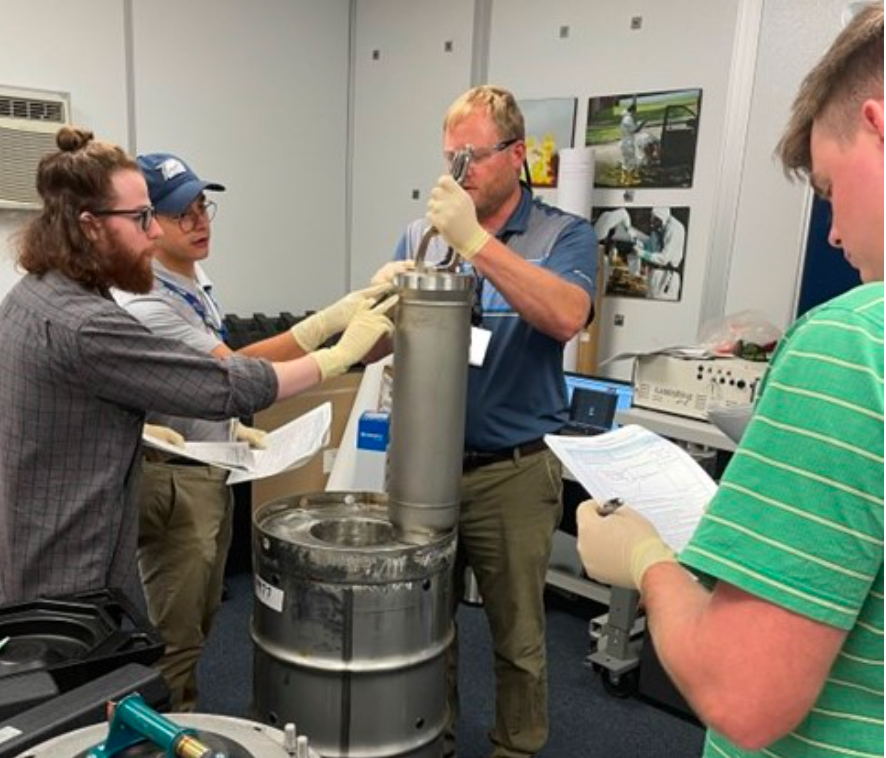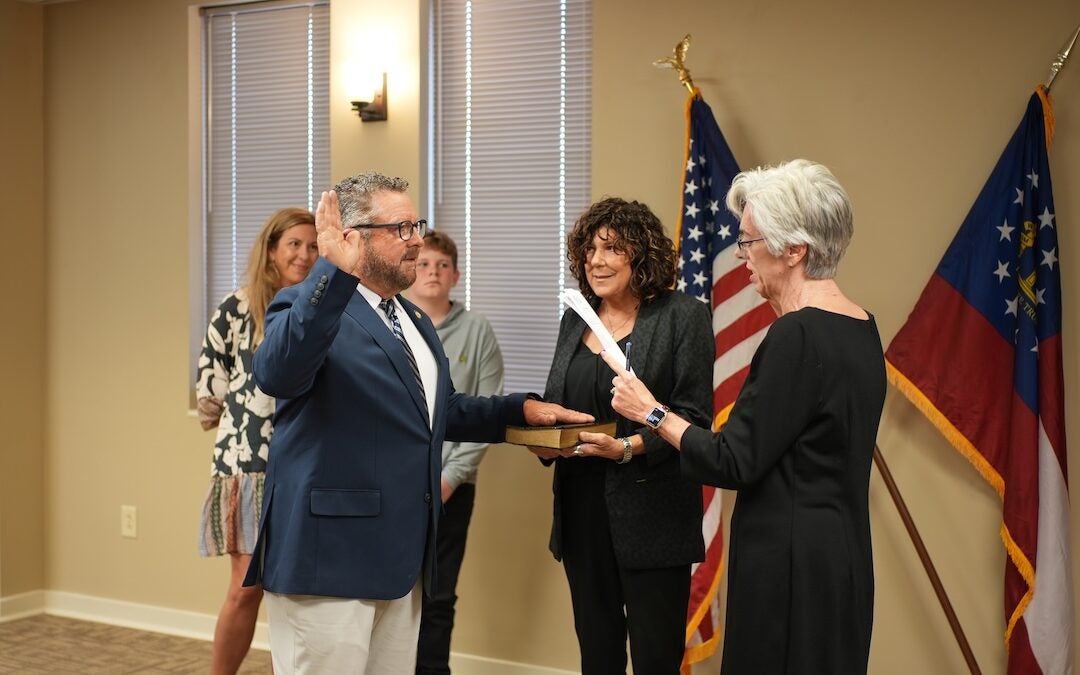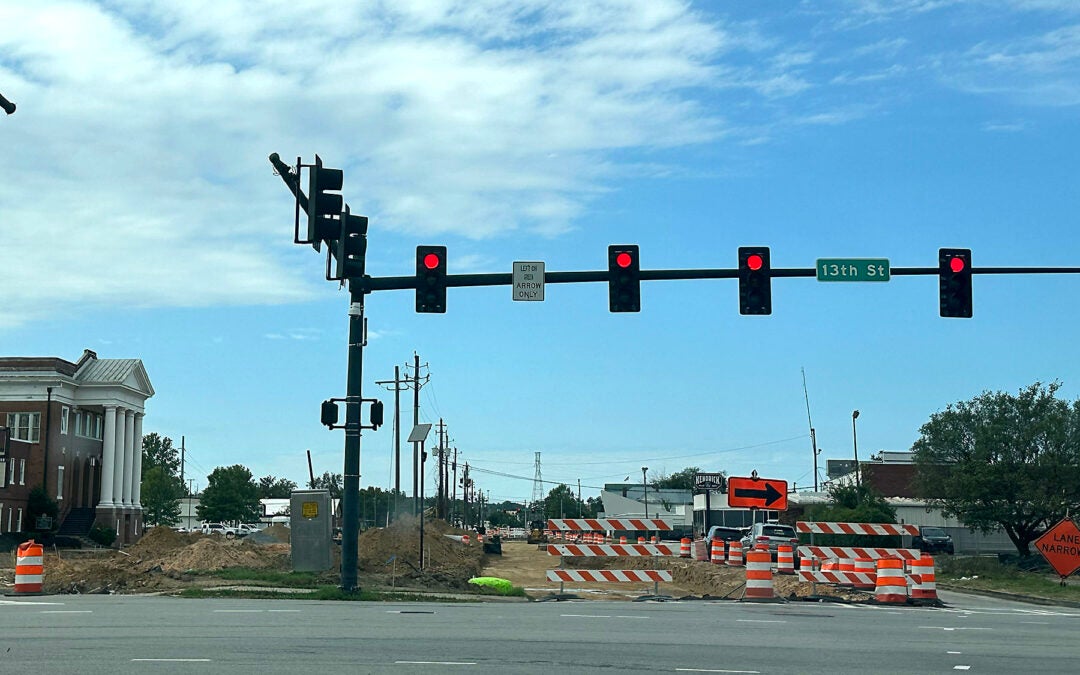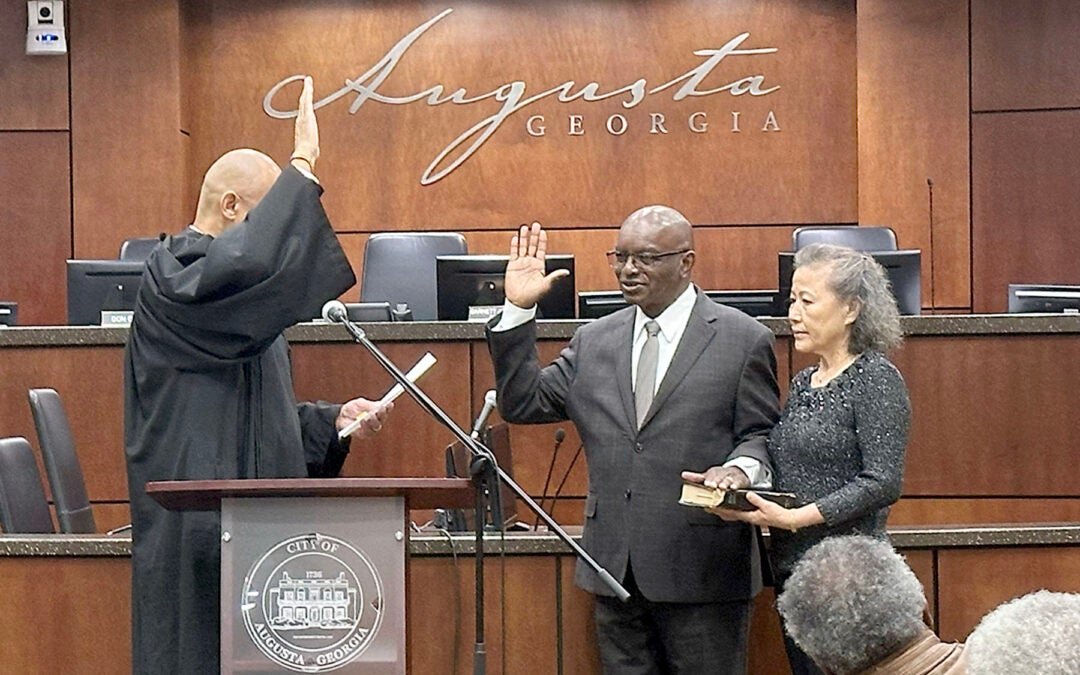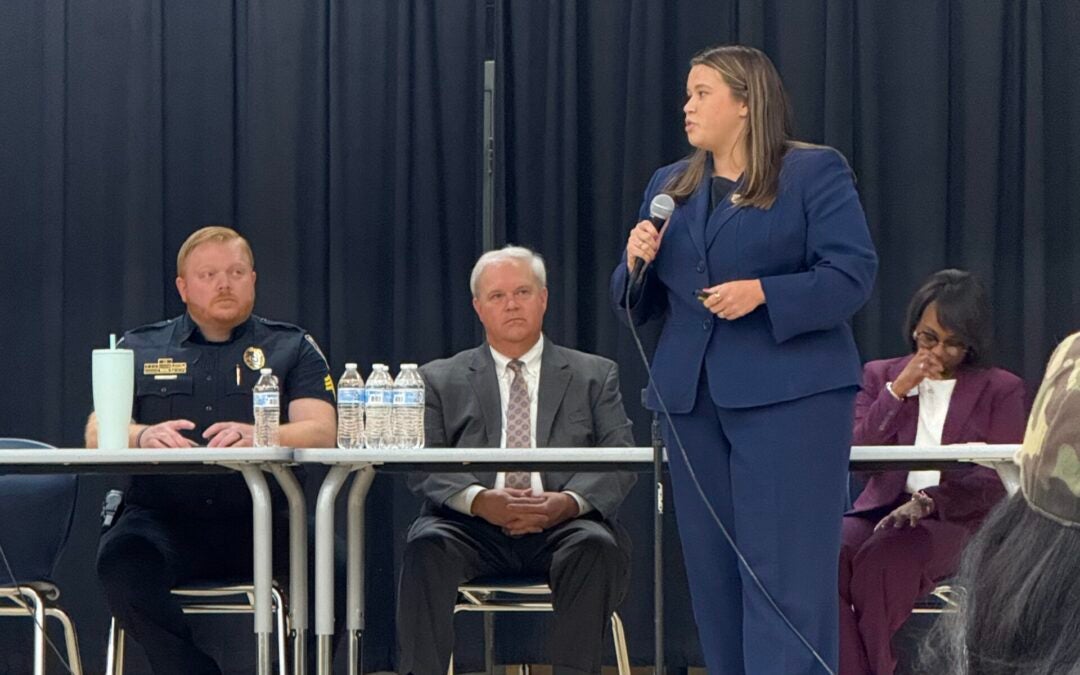Savannah River Site (SRS) recently hosted a Department of Energy (DOE) Packaging Certification Program (PCP) course, providing critical training for engineers and transportation specialists.
The course, “Use of Certified Type B and Fissile Packages,” was organized by Savannah River Nuclear Solutions’ (SRNS) Packaging and Transportation (P&T) Engineering division in collaboration with Savannah River National Laboratory’s (SRNL) Packaging Technology group and Los Alamos National Laboratory.
The training attracted participants from across the DOE complex, including experts from Argonne, Oak Ridge and Idaho national laboratories, as well as the National Nuclear Security Administration (NNSA).
Type B and fissile packages—highly engineered containers certified to transport significant quantities of radioactive and fissile materials—are essential for safe nuclear operations.
The DOE’s Office of Environmental Management oversees the Packaging Certification Program to ensure compliance with federal safety regulations.
Andrew Escobar, SRS Transportation Safety Basis Regulatory Authority, was instrumental in bringing the course to the site, recognizing the strategic advantage of offering the training locally.
“Since May 2023, I’ve been working with Los Alamos to bring this valuable training to SRS,” said Escobar. “This initiative helps decentralize expertise, reduce travel costs, and enhance technical capabilities at the Site while reinforcing our commitment to cost-effective solutions and employee retention.”
By hosting the course at SRS, participants engaged in hands-on exercises at the 766-H facility and the Type B(M)F trainer packaging at SRNL’s Packaging Test Facility, gaining direct experience with the processes critical to safe nuclear material transport, according to a press release from SRS.
“This course brought together key stakeholders to develop and share best practices in packaging and transportation,” said Lynh Nguyen, SRNL 9977 Design Authority. “SRNS and SRNL worked together to create a training environment that will enhance the execution and management of these essential processes.”
Attendees learned about the legal framework for transporting radioactive materials, best practices for packaging selection and quality assurance measures.
The training emphasized the importance of safety analysis reports and regulatory compliance to ensure the highest standards of nuclear material transport, according to a press release from SRS.
“The success of this program reflects the dedication of SRNS and SRNL teams who recognized the need for enhanced training and worked collaboratively to strengthen our workforce’s expertise,” said Rich Zaharek, SRNS senior vice president, chief engineer and nuclear safety officer. “To meet DOE and NNSA missions, we must actively engage and educate the next generation of experts.”
For additional information on the course, visit here or email RAMPAC@srs.gov.

